Amazing Things Scientists Have Learned About Babies in the Womb
Life before birth is busy. A baby grows organs, develops senses, and practices skills needed for survival. Studies show the womb is more than a place of growth — it’s where babies react, learn, and interact with their environment. Here are some of the most remarkable things they do before taking their first breath.
They Can Recognize Voices
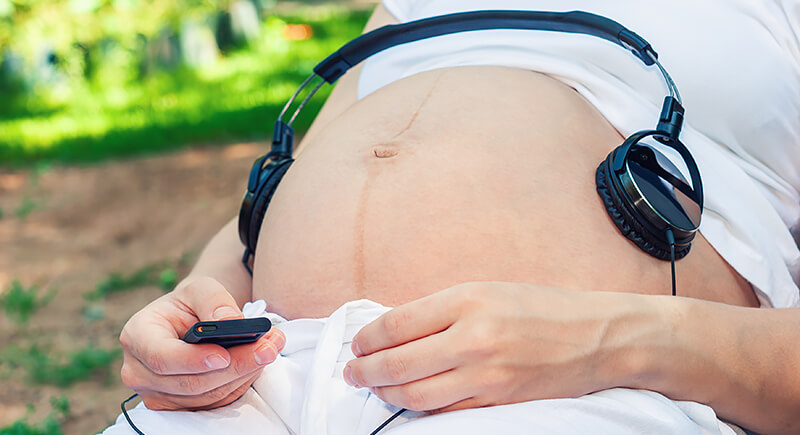
Credit: iStockphoto
By the third trimester, a baby’s hearing has sharpened enough to recognize familiar voices, especially the mother’s. Research shows they respond to speech patterns and tone, not just sound. After birth, they often calm down when they hear voices regularly in the womb.
They Practice Breathing—Without Air

Credit: iStockphoto
Babies move their chest muscles around the ninth week to mimic breathing. These “practice breaths” help train their lungs and diaphragm for life on the outside. It’s an automatic process that grows more coordinated as the due date nears, like a silent warm-up for that big first inhale.
They Can Taste What Mom Eats

Credit: iStockphoto
Garlic, ginger, carrots, and even curry have all been detected. Bits of flavor from food filter into the amniotic fluid, and babies are swallowing it daily. Some studies suggest they drink more if they like the taste, especially with sweet flavors. The exposure helps shape future food preferences.
They Cry Inside the Womb
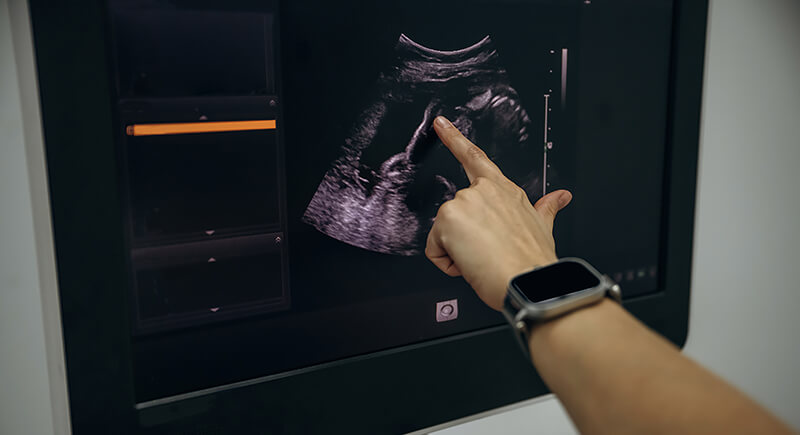
Credit: iStockphoto
It doesn’t sound like much, but the physical behavior of crying shows up before birth. Ultrasounds have caught babies making facial expressions, trembling their chins, and taking quick breaths—hallmarks of a cry. There’s no sound because they’re surrounded by fluid, but the motions are there.
They Learn the Rhythm of a Language

Credit: iStockphoto
German babies tend to have a falling tone, while French babies often cry with a rising inflection. Studies show babies exposed to a specific language in utero show a preference for that tongue days after birth, meaning their first lessons in linguistics happen in the third trimester.
They Get Hiccups—A Lot

Credit: iStockphoto
Hiccups are so common in the womb that many pregnant people mistake them for kicks. They usually start appearing around the second trimester. Scientists believe hiccups help tone the diaphragm, the main breathing muscle. While adults find them annoying, for babies, it’s all part of building stronger respiratory muscles.
They Respond to Emotions

Credit: iStockphoto
It’s one of the first links in the emotional connection between parent and child. Hormonal shifts caused by a mother’s stress, joy, or fear can change the baby’s heart rate and movement. Cortisol, the stress hormone, crosses the placenta, and scientists believe it shapes the fetus’s experience.
They React to Light
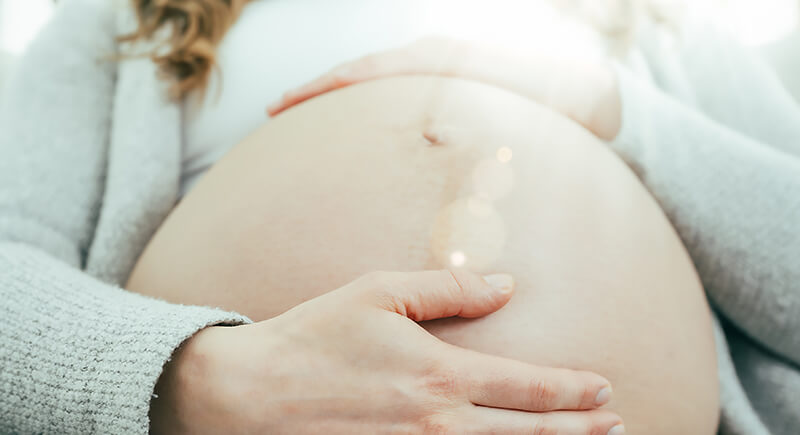
Credit: iStockphoto
It’s pretty dark inside, but light still gets in. By about 27 weeks, a strong beam—like a flashlight aimed at the belly—can stir a reaction. Babies might shift away or blink. That reaction means the optic nerve is functioning, even though vision won’t fully develop until long after birth.
They Touch Their Own Faces
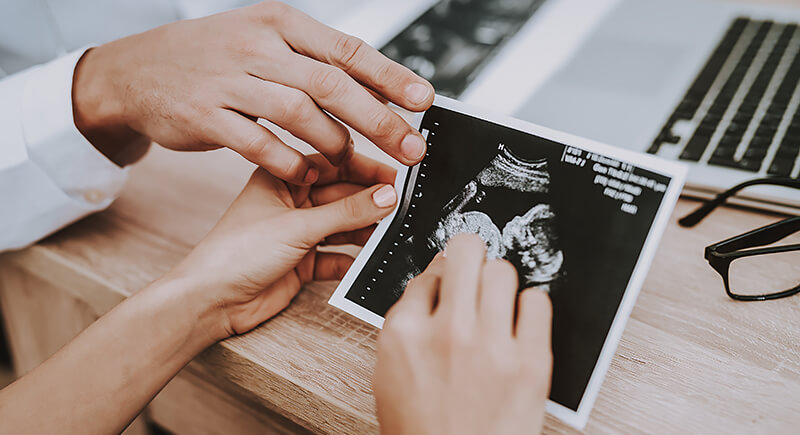
Credit: iStockphoto
Touch is one of the earliest senses to develop, and babies use it to explore themselves. They grab their ears, rub their eyes, and stroke their cheeks, all while floating in amniotic fluid. Ultrasounds have even shown them rubbing their eyelids or playing with the umbilical cord.
They Experience Sleep Cycles

Credit: iStockphoto
As early as the second trimester, researchers have identified periods of REM sleep. Fetuses can spend up to 95% of their time asleep, especially in later months. Their brains go through active and quiet sleep cycles, laying the groundwork for how they’ll rest after birth.
They Prefer Music They Heard Before Birth
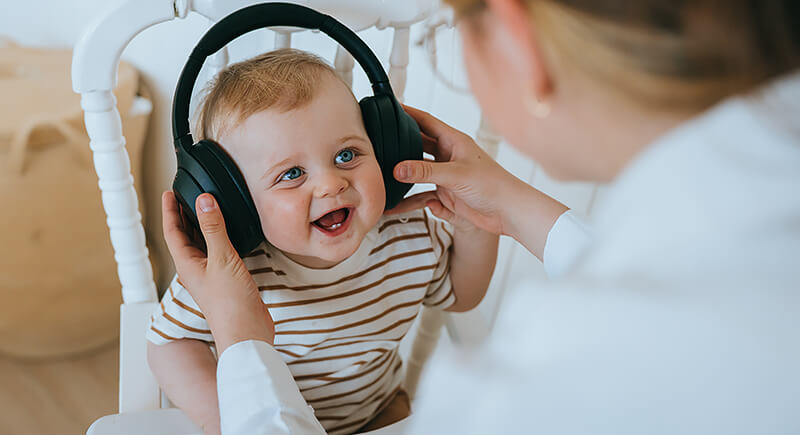
Credit: iStockphoto
Babies tend to prefer songs they were exposed to regularly in the womb. One study had mothers play a specific melody daily during pregnancy. Later, their infants responded with calmness or attention when that tune played. The music doesn’t need to be Mozart, though; familiarity matters more than genre.
They Learn to Suck Before They’re Born
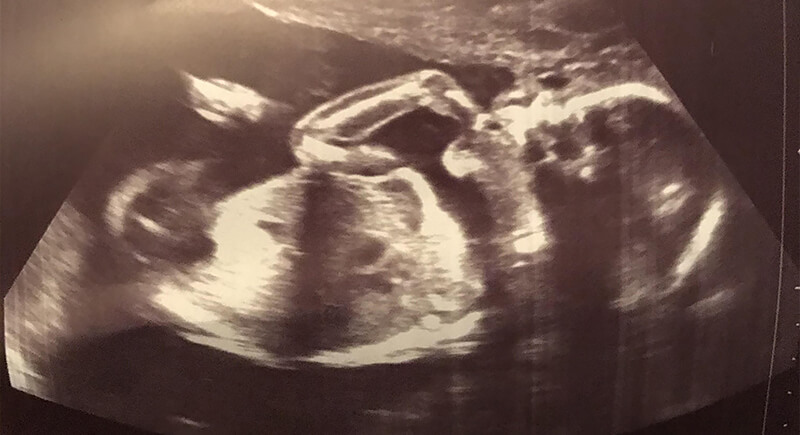
Credit: Reddit
Sucking is a survival skill, and babies get lots of practice before delivery. They start by sucking on their thumbs or fingers. It’s one of the earliest coordinated behaviors and helps strengthen muscles for feeding. Some are even born with visible calluses from all that prep work.
They Pee in the Womb
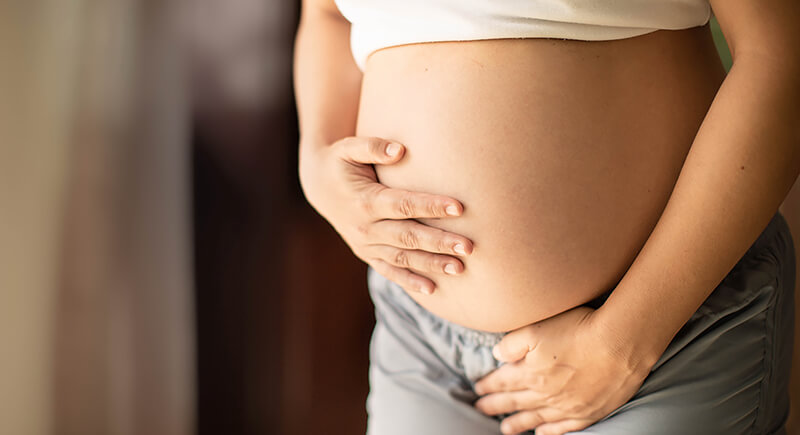
Credit: iStockphoto
Fetal kidneys start working around week nine. After that, babies begin urinating into the amniotic fluid several times a day. They also swallow that same fluid, creating a recycling system that helps develop their digestive and urinary tracts. This loop is crucial to healthy organ development.
They Can Yawn
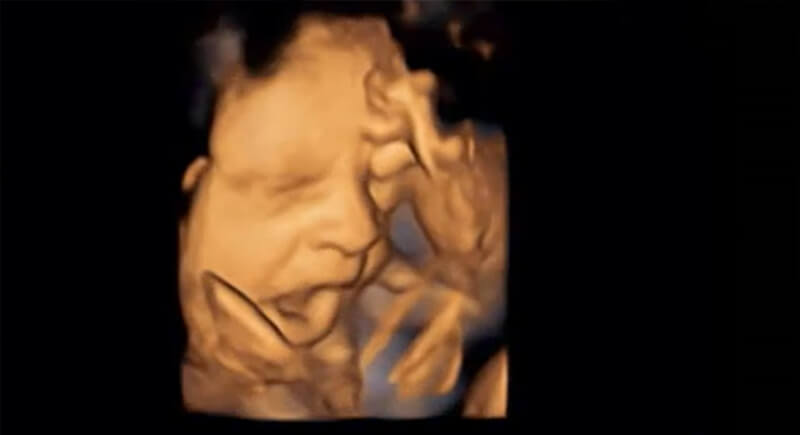
Credit: Youtube
Advanced ultrasound imaging has caught babies opening their mouths wide and stretching their jaws in slow, rhythmic movements. Yawning may help with brain maturation or regulate pressure in the developing head and neck. It’s still not clear why they do it, but they’re definitely not bored.
They Practice Movement Patterns

Credit: Reddit
Early fetal movements are random, but they start to look more intentional over time. Kicking, rolling, stretching, and flipping help strengthen muscles and fine-tune reflexes. Around 32 weeks, many babies start turning head-down, a position they’ll hold until birth.